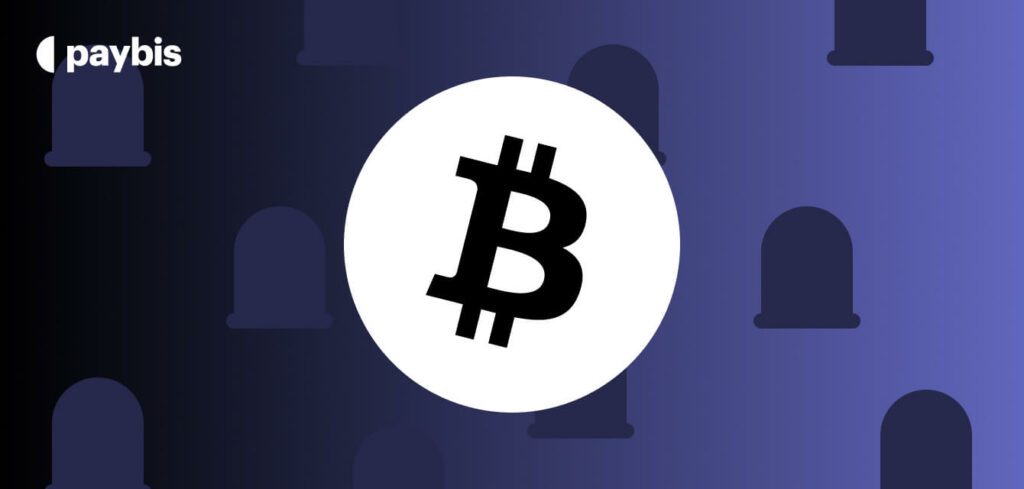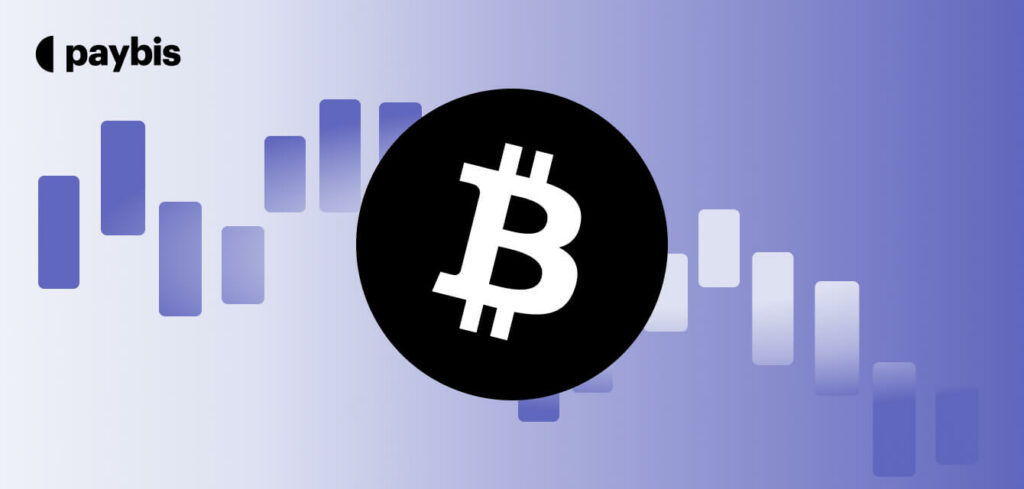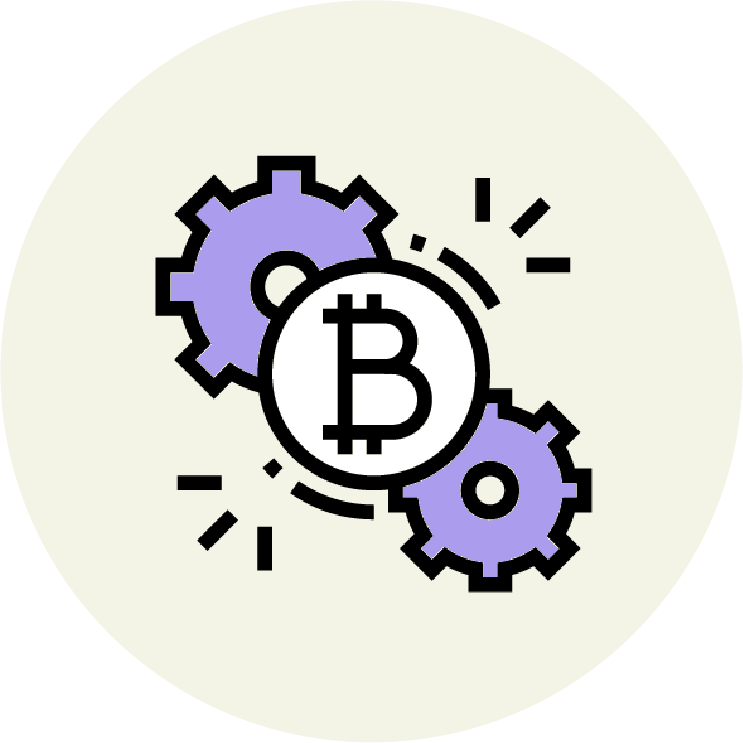Rug Pull
A rug pull is a type of exit scam in crypto where developers of a new project or token withdraw all funds from the liquidity pool or project treasury, effectively abandoning the project and leaving investors with worthless tokens. This fraudulent act results in a sudden drop in the token’s value, causing financial losses for investors who have bought into the project.
Table of contents
What is a Rug Pull?
Rugpulls refer to a malicious act where developers abandon a project abruptly after collecting investors’ funds, leaving them with worthless tokens. Rug pulls typically occur in DeFi platforms or cryptocurrency projects that lack transparency and regulation.
How Does a Rug Pull Work?
Developers create a new token and pair it with a leading cryptocurrency like Ethereum in a liquidity pool on decentralized exchanges (DEXs) such as Uniswap or PancakeSwap. These tokens are marketed with promises of high returns and revolutionary features, often gaining traction through social media hype and aggressive marketing campaigns.
Once enough investors are attracted and significant funds are locked into the liquidity pool, the developers execute the rug pull by withdrawing all the funds, leaving investors with tokens that have plummeted in value. This sudden removal of liquidity causes the token price to crash, resulting in substantial losses for investors.
Why are Rug Pulls Prevalent in Crypto?
Several factors contribute to the prevalence of rug pulls in the cryptocurrency space:
- Anonymity: The pseudonymous nature of blockchain technology allows malicious actors to conceal their identities, making it difficult for authorities to trace and hold them accountable.
- Lack of Regulation: The decentralized and unregulated nature of many cryptocurrency projects creates an environment where fraudulent schemes can thrive. Without a centralized authority to oversee these projects, investors are left vulnerable to scams.
- Hype-Driven Investments: The fear of missing out (FOMO) often drives investors to pour money into new projects without conducting proper due diligence. Scammers exploit this mentality by creating projects that promise quick and high returns, enticing investors to act impulsively.
- Ease of Token Creation: Creating a new token and launching it on a decentralized exchange (DEX) is relatively easy and inexpensive. This accessibility allows malicious developers to quickly set up fraudulent projects and attract unsuspecting investors.
How to Protect Yourself
Investors can take several steps to protect themselves from falling victim to rug pulls:
- Conduct Thorough Research: Before investing in any cryptocurrency project, it is important to research the team behind it, their previous projects, and the technology they are using. Transparency is a key indicator of a legitimate project.
- Check Liquidity: Ensure that the project has a substantial amount of liquidity locked in a secure contract. A low liquidity level is a red flag, as it indicates that the developers can easily withdraw funds.
- Audit the Code: Reputable projects often have their code audited by third-party firms to identify vulnerabilities or malicious code. Investors should look for projects with publicly available audit reports.
- Diversify Investments: Spreading investments across multiple projects can mitigate the risk of significant losses from a single rug pull.
Conclusion
Rug pulls are a reminder of the risks associated with investing in cryptocurrencies. While the potential for high returns exists, investors must remain vigilant and conduct thorough due diligence before committing funds to any project. By understanding the mechanics of rug pulls and taking proactive measures to protect themselves, investors can navigate the crypto landscape more safely.
Browse the Paybis Glossary to master more web3 lingo!
Alternatively, explore related terms and articles below.
Disclaimer: Don’t invest unless you’re prepared to lose all the money you invest. This is a high‑risk investment and you should not expect to be protected if something goes wrong. Take 2 mins to learn more at: https://go.payb.is/FCA-Info


